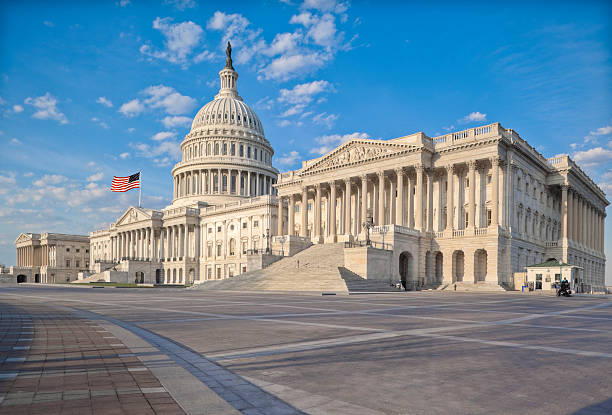The Senate filibuster has long been a subject of debate in American politics. Originally designed as a tool to ensure that minority opinions could be heard and considered in the legislative process, the filibuster has increasingly become a point of contention, with critics arguing that it is now more of an obstructionist tactic than a democratic safeguard.
The filibuster allows a minority of senators to block legislation by extending debate indefinitely, requiring a supermajority of 60 votes to end the discussion and proceed to a vote. Proponents of the filibuster argue that it is essential for protecting the rights of the minority and ensuring that major legislation is subject to thorough debate and compromise. They contend that without the filibuster, the Senate would become just another majoritarian body, where the majority could push through its agenda without considering the views of the minority.
However, critics argue that the filibuster has been abused in recent years, leading to gridlock and dysfunction in the Senate. They point to instances where important legislation has been stalled or killed by a determined minority, preventing the government from addressing pressing issues such as healthcare, immigration, and voting rights. This has led to calls for reform or even the elimination of the filibuster altogether.
The debate over the filibuster is not just about Senate rules; it is also about the broader question of how democracy should function in the United States. Should the Senate prioritize the protection of minority rights, even if it means slowing down the legislative process? Or should it embrace a more majoritarian approach, allowing the majority to enact its agenda more easily?
As the debate over the filibuster continues, it is clear that this issue will remain a central point of contention in American politics. The outcome of this debate could have significant implications for the future of the legislative process and the balance of power in Washington.


